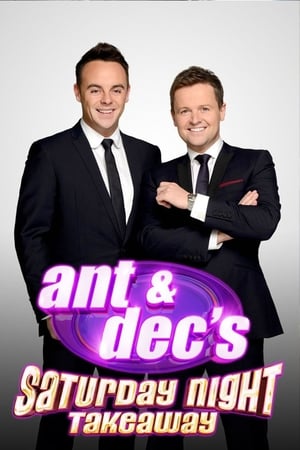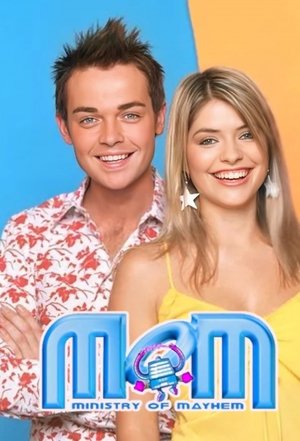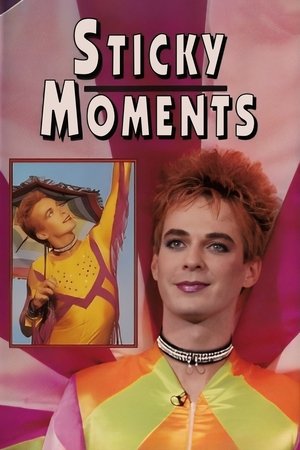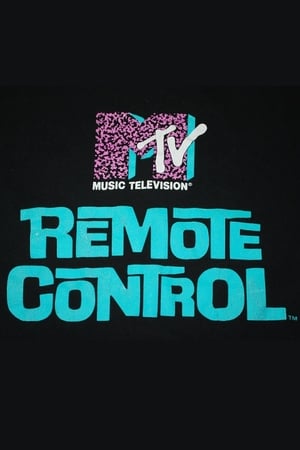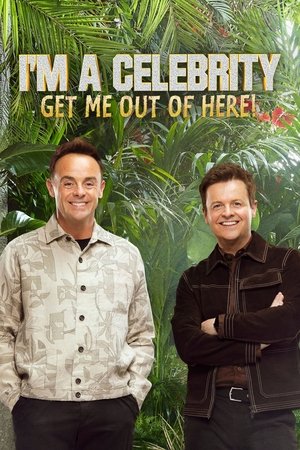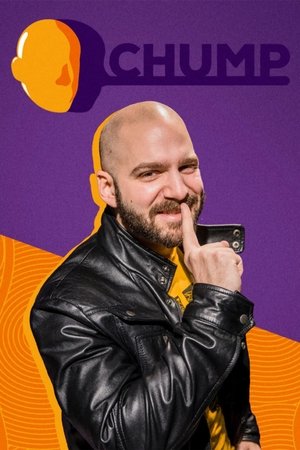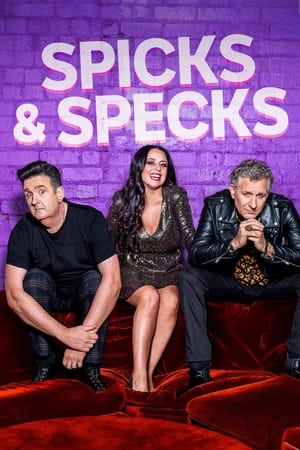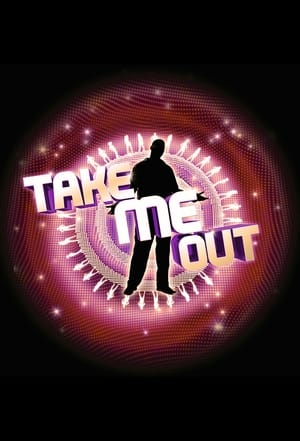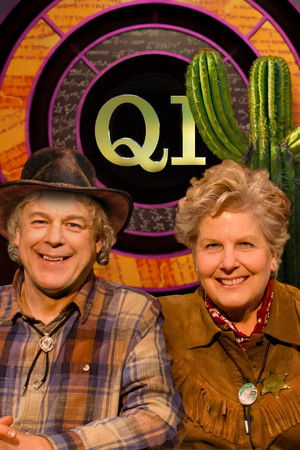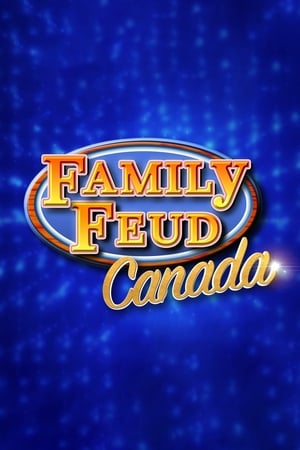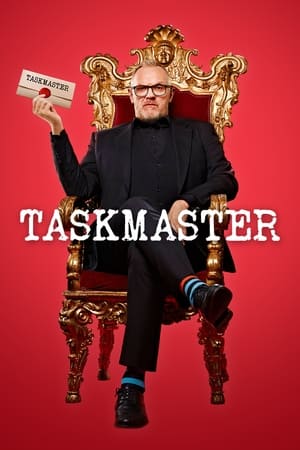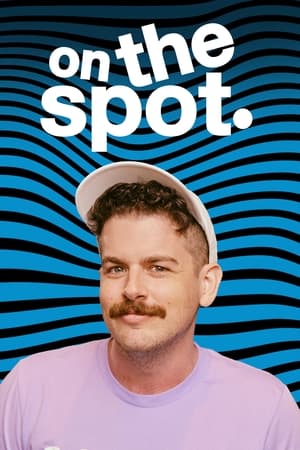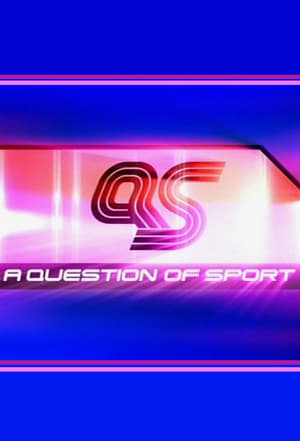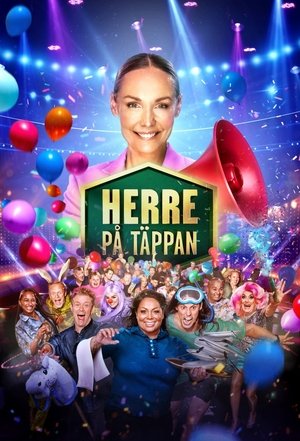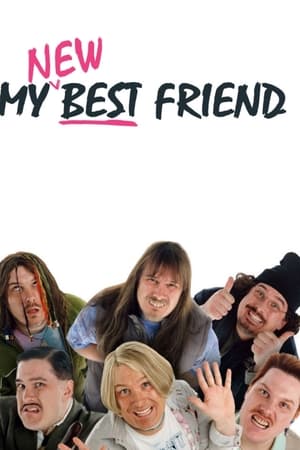Overview
Judge for Yourself, at first subtitled The Fred Allen Show, is a Mark Goodson and Bill Todman nontraditional court show/quiz show, with comedian Fred Allen as the emcee. It aired on NBC from August 18, 1953 to May 11, 1954. Dennis James was the series announcer but took over as host in January 1954.
Each week three performers – singers, dancers, musicians, or comedians – were judged by two panels, one of professional entertainers and the other from the studio audience. If one of the amateur judges rated the acts 1, 2, or 3 in the same order as the celebrities, that individual would win a $1,000 prize. Two instrumental jazz groups that appeared on Judge for Yourself had considerable success thereafter, vibraphonist Terry Gibbs and the Marian McPartland Trio.
The original intent of the series was to allow Allen to interact with guests, much as Groucho Marx did on his own NBC series, You Bet Your Life. The complicated format first employed, however, was revamped in the middle of the season. On the episode which aired on January 5, 1954, the professional judges were dropped, and the studio audience panel rated new songs to predict future hits, the comparable format of ABC's Jukebox Jury, which also aired in the 1953–1954 season.

 English
English
 0
0
 1953
1953
 US
US
